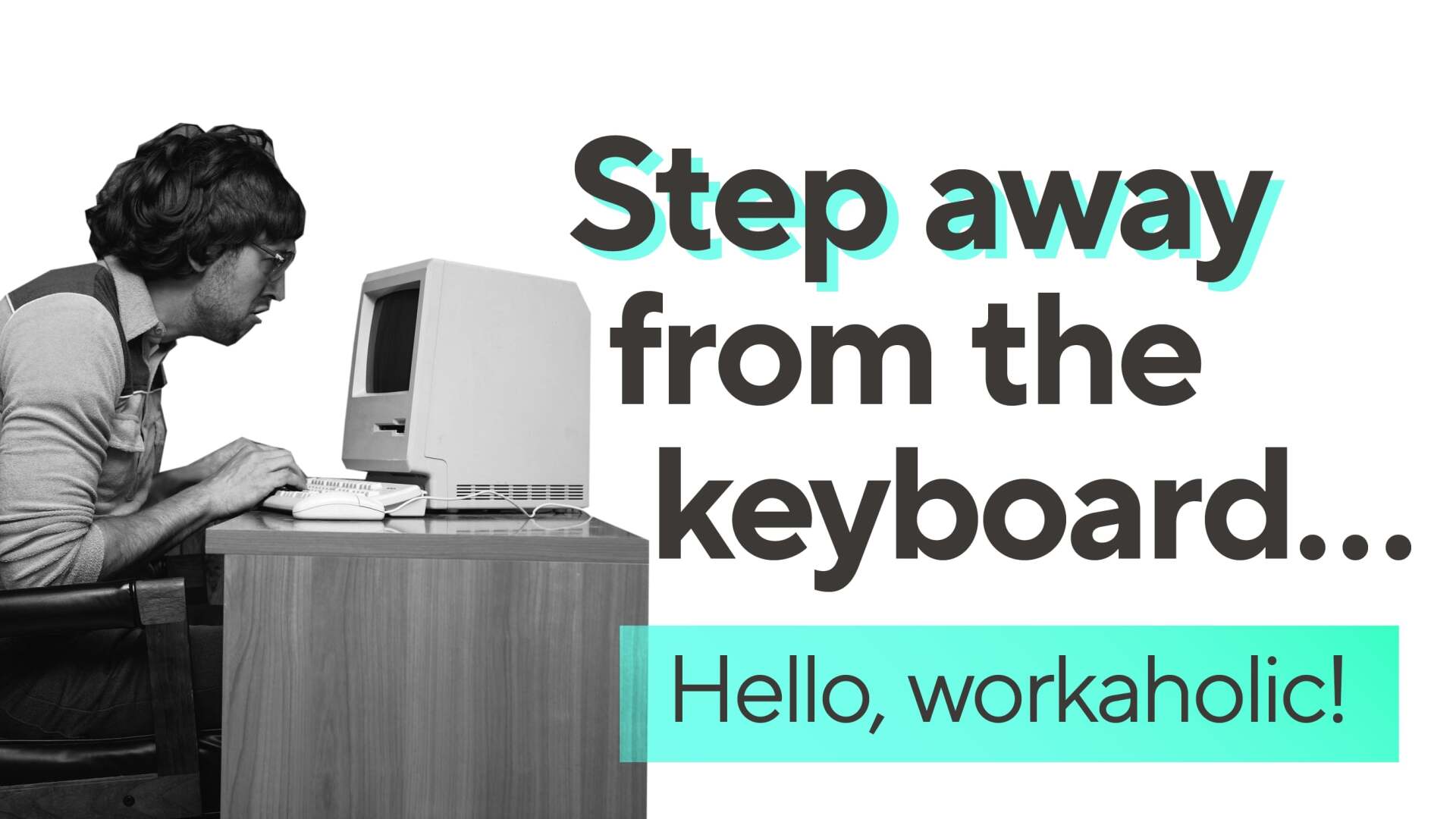Let’s Talk about Workaholism

Jul 29, 2021
Is it normal? Is it healthy? And how can you dial back work focus when it’s negatively impacting other areas of your life?
A workaholic isn’t someone who simply loves their work or is great at what they do. A workaholic is someone who works compulsively, often to the detriment of relationships with family and friends and their self-care. The term workaholic was coined in 1971 by psychologist Wayne E. Oates, who described it as “an uncontrollable need to work incessantly” and it can have a serious impact on every part of your life.
Do you struggle to switch off?
Do you check your work emails compulsively?
Do you feel anxious if you don’t work every day?
Does work stop you from doing the things that make you happy?
If all this sounds familiar, you could be a workaholic. Luckily, there are steps you can take to try and tip the scales back towards a healthy work-life balance. But remember, workaholism can be a complex condition; it’s important to seek professional help if you feel overwhelmed or concerned about your physical or mental health.
How Can I Beat Workaholism?
Worried that work is becoming all-consuming? Here are some straightforward ways to restore your work-life balance:
Set Boundaries
This sounds simple but when you’re a workaholic the lines between work and home can become blurry. What is a reasonable time to review and answer emails? What times in the week do you need to dedicate to non-work activities? When should you take breaks and how long should they be? Make a contract with yourself and commit to enforcing it. You might be surprised at how quickly you build new habits and how little impact you not responding to emails in the middle of the night has on the bigger work picture.
Understand your Biggest Stressors
Most workaholics have a particular stressor or set of stressors that exacerbate their compulsion to work. This could be a person, a task, or a scenario. Take time to think about your stressors and come up with a plan to manage them effectively. By detailing a response outside of the heat of the moment you may be able to avoid unhealthy behaviours in the future.
Talk to Your Boss
A good leader doesn’t want their employee to feel anxious or worried about work – and they certainly don’t want them working to the point of burnout. If you feel comfortable doing so, open up to your boss about your concerns. Bringing your worries into the light can help you to identify key areas of change and provide your boss with the insight to support you effectively.
Ironically, workaholism is probably not going to make you better at your job. Exhaustion and burnout make it difficult to deliver results consistently and to a high standard. So, step back, take a breath, and reassess what work means to you. It could make you healthier, happier, and boost your work performance.



TIP: Here you can find tips on how to write a good CV (including a template).

Kelly Switzerland is part of Gi Group Holding.






